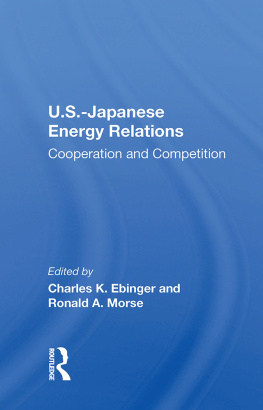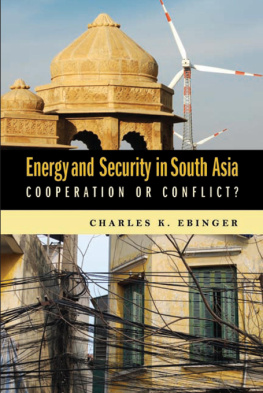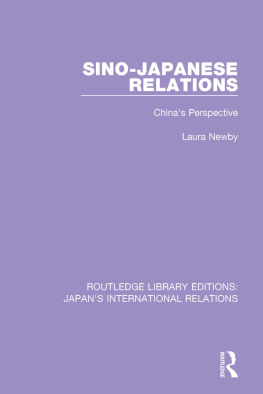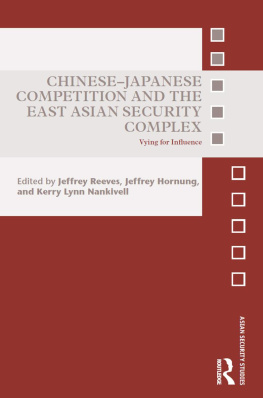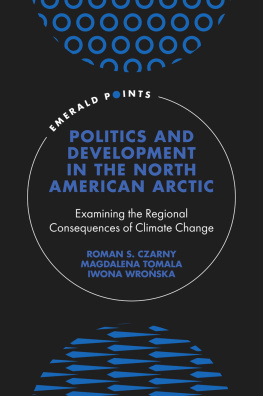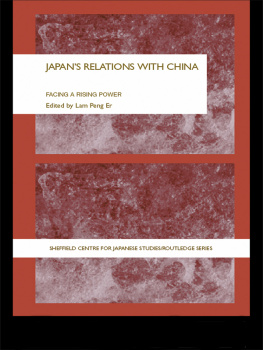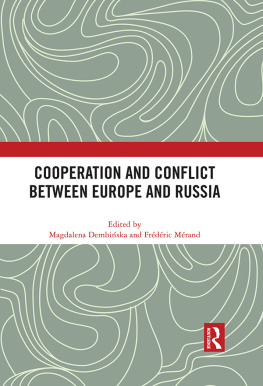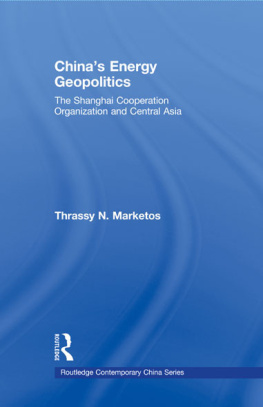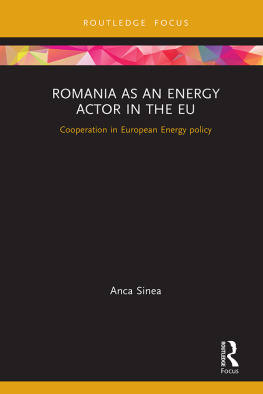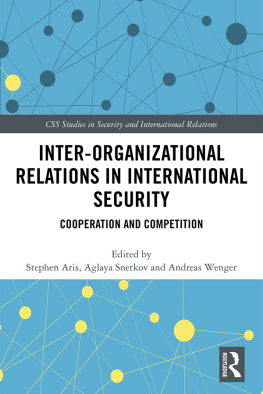Charles K. Ebinger - U.s.-japanese Energy Relations: Cooperation and Competition
Here you can read online Charles K. Ebinger - U.s.-japanese Energy Relations: Cooperation and Competition full text of the book (entire story) in english for free. Download pdf and epub, get meaning, cover and reviews about this ebook. year: 1984, publisher: Westview Press, genre: Politics. Description of the work, (preface) as well as reviews are available. Best literature library LitArk.com created for fans of good reading and offers a wide selection of genres:
Romance novel
Science fiction
Adventure
Detective
Science
History
Home and family
Prose
Art
Politics
Computer
Non-fiction
Religion
Business
Children
Humor
Choose a favorite category and find really read worthwhile books. Enjoy immersion in the world of imagination, feel the emotions of the characters or learn something new for yourself, make an fascinating discovery.
- Book:U.s.-japanese Energy Relations: Cooperation and Competition
- Author:
- Publisher:Westview Press
- Genre:
- Year:1984
- Rating:4 / 5
- Favourites:Add to favourites
- Your mark:
- 80
- 1
- 2
- 3
- 4
- 5
U.s.-japanese Energy Relations: Cooperation and Competition: summary, description and annotation
We offer to read an annotation, description, summary or preface (depends on what the author of the book "U.s.-japanese Energy Relations: Cooperation and Competition" wrote himself). If you haven't found the necessary information about the book — write in the comments, we will try to find it.
U.s.-japanese Energy Relations: Cooperation and Competition — read online for free the complete book (whole text) full work
Below is the text of the book, divided by pages. System saving the place of the last page read, allows you to conveniently read the book "U.s.-japanese Energy Relations: Cooperation and Competition" online for free, without having to search again every time where you left off. Put a bookmark, and you can go to the page where you finished reading at any time.
Font size:
Interval:
Bookmark:
and Ronald A. Morse

605 Third Avenue, New York, NY 10017
2 Park Square, Milton Park, Abingdon, Oxon OX14 4RN
Product or corporate names may be trademarks or registered trademarks, and are used only for identification and explanation without intent to infringe.
ISBN 13: 978-0-3672-1523-1 (pbk)
- THE GLOBAL CONTEXT OF U.S.-JAPAN ENERGY RELATIONS
- 1 The Bilateral and Multilateral Aspects of Energy Cooperation
- 2 The Changing Character of U.S.-Japanese Energy Relations
- THE POLITICS OF U.S. OIL EXPORTS
- 3 Oil and Gas Trade in the Pacific Basin
- 4 The Politics and Economics of Alaskan Oil Exports
- 5 The Northern Tier Pipeline: An Alternative to Exports?
- PROSPECTS FOR ENERGY COOPERATION
- 6 U.S.-Japanese Nuclear Energy Relations: Prospects for Cooperation/Conflict
- 7 Post Euphoria: Can U.S. Coal Exports Compete?
- 8 Japan's Liquefied Natural Gas Dilemma: Oversupply and Lower Demand
- 9 Prospect for U.S.-Japanese Cooperation on Alternative Energy R&D Projects
- ENERGY COMPETITION AND CONFLICT
- 10 U.S.-Japanese Competition for the World Photovoltaic Market
- 11 U.S.-Japanese Petroleum Investment Strategies: Cooperation or Conflict
- 12 USSR-Japan Energy Cooperation in Siberia: Implications for U.S.-Japanese Relations
- iv
Charles K. Ebinger
Spring 1984
Font size:
Interval:
Bookmark:
Similar books «U.s.-japanese Energy Relations: Cooperation and Competition»
Look at similar books to U.s.-japanese Energy Relations: Cooperation and Competition. We have selected literature similar in name and meaning in the hope of providing readers with more options to find new, interesting, not yet read works.
Discussion, reviews of the book U.s.-japanese Energy Relations: Cooperation and Competition and just readers' own opinions. Leave your comments, write what you think about the work, its meaning or the main characters. Specify what exactly you liked and what you didn't like, and why you think so.

